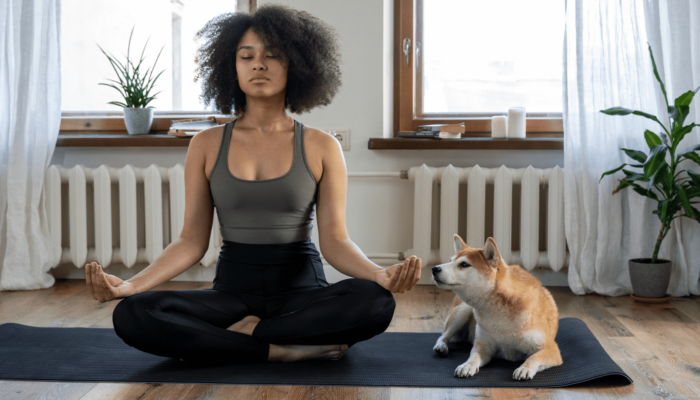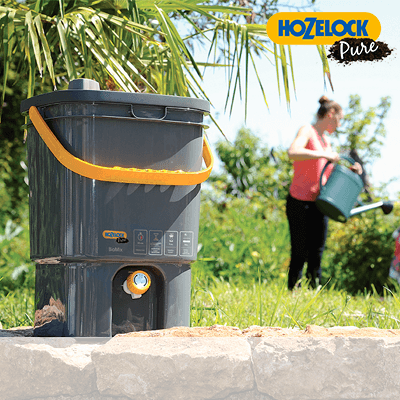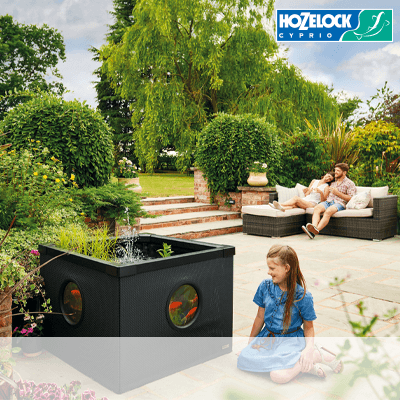Life moves fast, and stress can quickly pile up, making it feel like there’s no time to pause and breathe. But taking moments to unwind isn’t just a luxury—it’s essential for your well-being.
If you’ve been feeling overwhelmed, here are ten simple yet effective ways to relax, recharge, and restore balance to your mind and body.

Move Your Body: Walk, Bike, or Swim
Exercise is one of the best ways to relieve stress. Whether you prefer a peaceful walk in the park, a refreshing swim, or a heart-pumping bike ride, getting your body moving releases endorphins—the ‘feel-good’ hormones. Even a few minutes of activity can boost your mood, clear your mind, and leave you feeling more energised.

Find Stillness with Meditation
Meditation doesn’t have to be complicated. Just a few minutes of quiet breathing and focused awareness can work wonders for your stress levels. If you’re new to meditation, try using a guided app or simply take deep breaths while paying attention to how your body feels. Over time, this practice can help you feel more present and at ease.

Stretch and Flow with Yoga or Tai Chi
Both yoga and tai chi combine movement with mindfulness, encouraging deep breathing and gentle, intentional motion. These practices help release tension from your muscles and calm your nervous system, leaving you feeling more relaxed and centred.

Get Your Hands in the Soil
Gardening is more than just a hobby—it’s a natural stress reliever. The repetitive actions of planting, weeding, and watering can help quiet your mind, while being outdoors connects you with nature in a soothing way. Plus, watching your plants thrive over time can bring a deep sense of satisfaction and joy.

Soothe Your Senses with Aromatherapy
Scents have a powerful effect on our emotions. Essential oils like lavender, chamomile, and eucalyptus can help ease anxiety and promote relaxation. Try adding a few drops to a diffuser, lighting a scented candle, or even incorporating essential oils into a warm bath to create a calming atmosphere.

Take a Break from Screens
Constant exposure to screens can lead to mental fatigue and heightened stress. Taking regular breaks—especially before bedtime—can improve focus and help you feel more refreshed. Swap screen time for a good book, relaxing music, or meaningful conversations with loved ones to give your mind a much-needed rest.

Prioritise Restful Sleep
A good night’s sleep is one of the most powerful tools for stress management. When you’re well-rested, you’re better equipped to handle life’s challenges. Create a calming night-time routine, limit screen exposure before bed, and aim for 7-9 hours of quality sleep each night.

Breathe Deeply and Intentionally
Breathing exercises are a quick and easy way to reduce stress. Try inhaling deeply through your nose, holding for a few seconds, and exhaling slowly through your mouth. This simple technique can instantly slow your heart rate, ease tension, and bring a sense of calm.

Nourish Your Body with Healthy Food
What you eat plays a major role in how you feel. Reducing caffeine, sugar, and processed foods while increasing whole, nutrient-dense foods can have a positive impact on your mood and energy levels. Staying hydrated is just as important—your body and mind function best when they’re well-fuelled.

Find Joy in Movement
Physical activity isn’t just about structured workouts—anything that gets you moving can help relieve stress. Dance around your kitchen, stretch in your living room, or play a sport you love. The key is to find something that makes you feel good and incorporate it into your routine.
Stress is a part of life, but how you manage it can make all the difference. By incorporating these simple habits into your day, you can create a sense of balance and ease.
Remember, taking time for yourself isn’t selfish—it’s necessary. Prioritise your well-being, and you’ll find that even the smallest changes can lead to a healthier, happier you.






















